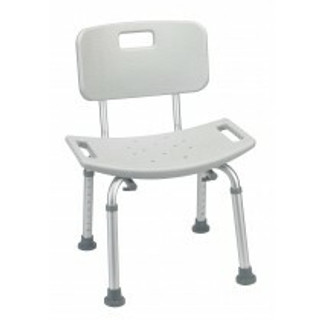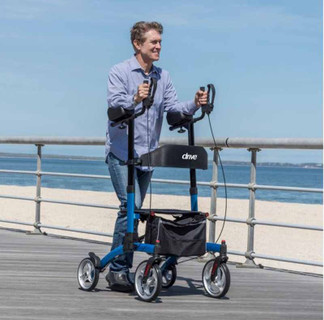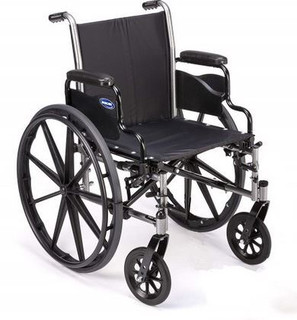How to Care for Aging Parents with Compassion and Confidence
As our loved ones age, their roles in our lives often begin to shift. We find ourselves facing new responsibilities and challenges, particularly when it comes to caring for those who once cared for us. Whether it's navigating medical decisions, managing daily tasks, or simply offering emotional support, the journey of caring for aging parents can be both rewarding and demanding. We'll explore some essential tips and strategies to help you navigate this journey with compassion and confidence.
Open Communication
The foundation of any successful caregiving relationship is open and honest communication. Take the time to sit down with your aging parents and discuss their needs, preferences, and concerns. Listen actively and respect their wishes, even if they may differ from your own. Regular communication ensures that everyone is on the same page and helps prevent misunderstandings down the road.
Understand Their Needs
Each aging parent will have unique needs and challenges, so it's essential to take the time to understand their specific situation. This may involve consulting with healthcare professionals, such as doctors or geriatric specialists, to assess their physical and mental health. By gaining a deeper understanding of their needs, you can tailor your caregiving approach to provide the best possible support.
Plan Ahead
Planning for the future is crucial when caring for aging parents. This includes not only addressing immediate needs but also anticipating potential challenges down the road. Consider creating a comprehensive care plan that outlines medical preferences, financial arrangements, and legal matters such as power of attorney or advanced directives. Planning ahead can help alleviate stress and ensure that your parents receive the care they deserve.
Caring for aging parents can be emotionally and physically taxing, so don't hesitate to seek support when needed. This may come in the form of enlisting the help of other family members, hiring professional caregivers, or joining a support group for caregivers. Remember that you don't have to shoulder the burden alone, and reaching out for help is a sign of strength, not weakness.
Practice Self-Care
It's easy to become so focused on caring for others that we neglect our own well-being. However, self-care is essential for maintaining the stamina and resilience needed to care for aging parents effectively. Make time for activities that bring you joy and relaxation, prioritize healthy habits such as exercise and nutrition, and don't hesitate to ask for help when you need a break. Remember, taking care of yourself enables you to better care for others.
Be Flexible
Caring for aging parents often requires flexibility and adaptability as their needs evolve over time. Be prepared to adjust your caregiving approach as necessary and be open to exploring new solutions or resources that may better meet their needs. Flexibility is key to successfully navigating the challenges that arise along the caregiving journey.
Show Compassion
Above all, approach caregiving with compassion and empathy. Recognize that aging can be a difficult and sometimes frightening process for your parents, and they may need reassurance and support along the way. Show them love, patience, and understanding, even when faced with challenging situations. Your compassion will not only strengthen your relationship with your parents but also make the caregiving journey more meaningful for both of you.
Caring for aging parents is a journey filled with both joys and challenges. By approaching it with open communication, understanding, and compassion, you can provide your parents with the support and care they need while also preserving your own well-being. Remember, you're not alone on this journey, and there are resources and support available to help you every step of the way.
Finally, nutrition is always important for everyone, particularly elderly people. Vidafuel wellness protein drink helps to support skin, joint, and bone health for better daily living.



















